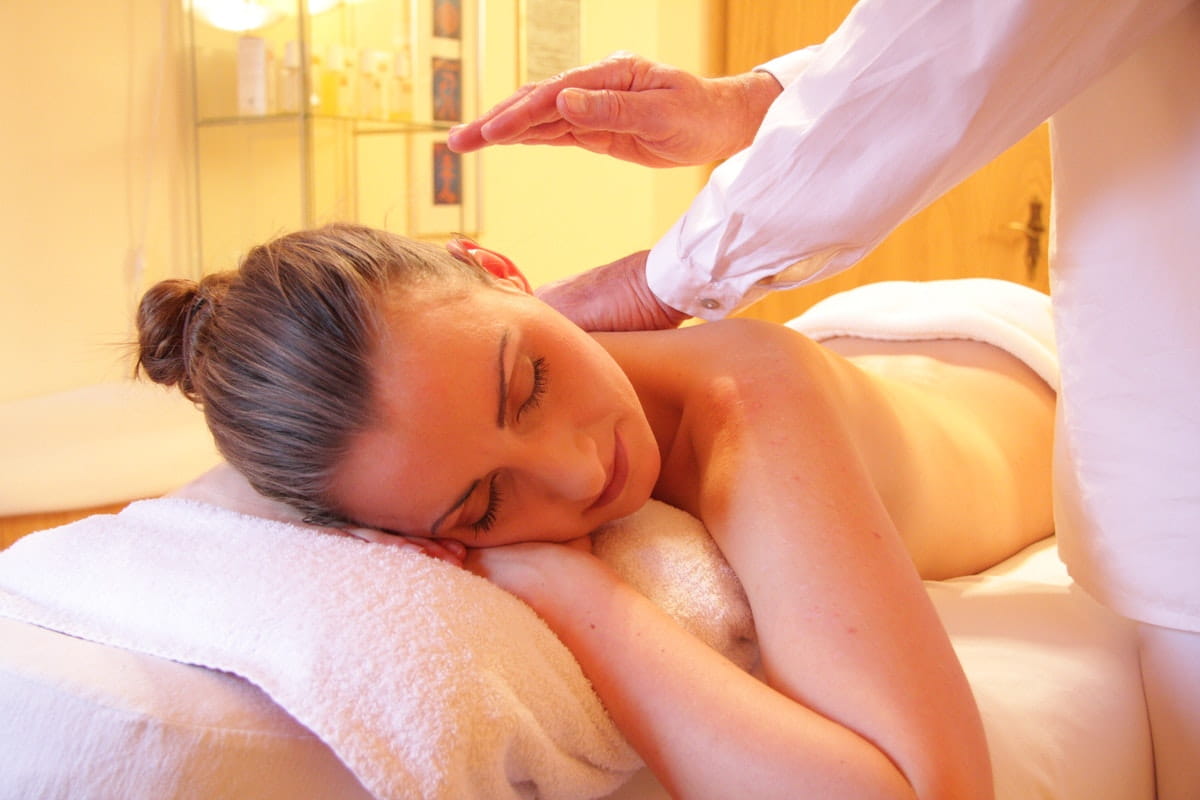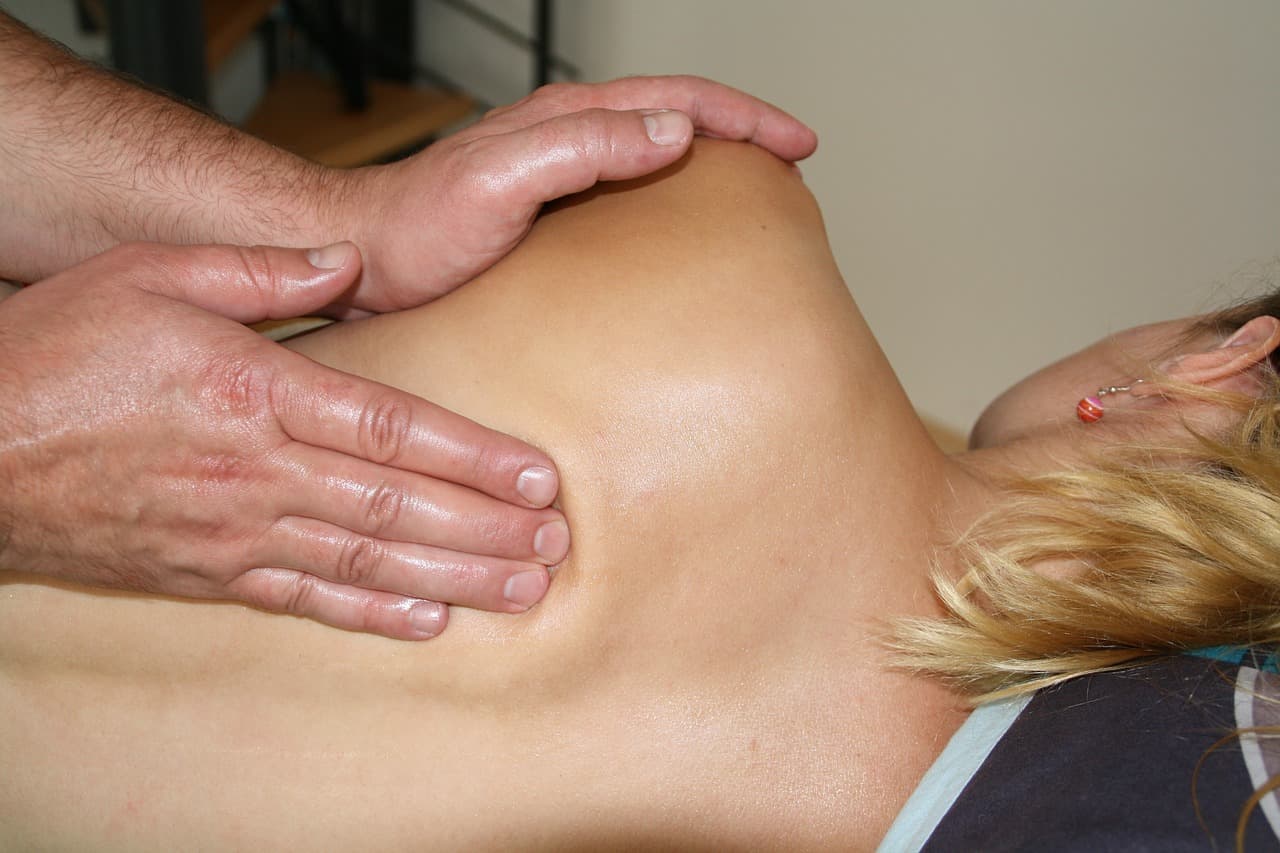

Nowadays, you can find different definitions and information about Swedish massage on many websites or health magazines, etc. However, these pieces of information associated with the history and origin of this massage to Henrik Link, a pioneering physician, and founder of Swedish gymnastics, when he was not the actual creator of this massage technique. The current and true creator of Swedish massage was a Dutch physicist who was known for studying the techniques of French massage. Which benefits the body; his name was Johann Georg Mezger.
Mezger was the one who was in charge of systematizing the five massage techniques, which are the foundation of the Swedish massage. Next, we are going to know each one of these techniques to understand what exactly the Swedish massage consists of.
Table of Contents
If you are looking to book a massage therapist for a Swedish Massage, you must know the five techniques used during its implementation.


The first technique applied in the Swedish massage is known as Effleurage; this consists of a series of strokes, long, sliding, or circular movements applying different levels of pressure.
The Effleurage intends to loosen or relax the muscular knots and release the corporal tension. This technique is applied at the beginning of the massage session to warm up the muscles and then at the end to relieve them.
Once the muscles are warmed up by the movements of the Effleurage, we proceed to apply the second technique, Petrissage. This word means “knead” in French. Kneading is about manually compressing the soft tissues of a specific area by applying a rhythmic kneading, rolling, or squeezing.
The purpose of this technique is to stretch and loosen tense muscles. Also, this technique can benefit those patients who have problems with their blood circulation and also helps detoxify the body.
Each of these movements carries with it its technique and purpose. If you hire a massage therapist, you can ask them to explain each of these forms better and apply the one that best suits your needs.
Petrissage is of great benefit to patients with tense or even damaged muscles. Thanks to the different ways of application and the degrees of pressure, any muscle can be relaxed.
As its name suggests, during the Swedish massage, there is a stage that focuses on friction in a specific area. This technique is applied using only the fingers or thumbs. Applying this technique is done with a circular rhythm (circular friction) or with a vertical rhythm, which is also known as transverse friction.
This technique combines pressure and precision, making friction ideal for smoothing and realigning tense muscle fibers, and also benefits the treatment of special joints, such as the elbow or shoulder.
The Vibration technique consists precisely of rhythmically shaking a certain area of the body to loosen and relax the body. It depends on which part of the body is being treat, certain intensity and pressure will be applied. However, there are different ways to carry out this technique. Both palms of the hand can be use for large areas such as the back, or the fingers in small, sensitive areas such as the face.
This technique allows for relaxing the nerves and treating tissues where there are scars. It stimulates the scarring of the body.
In French, the word tapotement means tapping or drumming. Tapotement is the application of precise rhythmic movements along the body. These movements include certain gentle blows that stimulate the circulation of blood and endorphins in the body. In addition to relaxing the muscles, this technique also improves lymphatic drainage.
Then you already know the different techniques of Swedish massage and how they benefit the body. If you want this massage, then don’t hesitate to hire a massage therapist and ask for the massage with these five techniques, which will allow you to relax your body in a way you have never experienced before.
Helpful Resources:
1. Best 24 home remedies for migraine
3. Best Exercises For A Complete Back Workout
4. Acai Bowl
In the relentless pursuit of entrepreneurial success, it’s easy to overlook the most vital asset—yourself.… Read More
A barrel sauna isn’t just a visually striking wellness addition—it’s an efficient and highly functional… Read More
Technology is an integral part of most teenagers' lives today. While devices and social media… Read More
LASIK is one of the most popular vision correction surgeries that offers you freedom from… Read More
Plumbing issues can arise unexpectedly, and understanding the costs involved is crucial for homeowners and… Read More
Skin aging is often associated with external factors like sun exposure and pollution, but inflammation… Read More